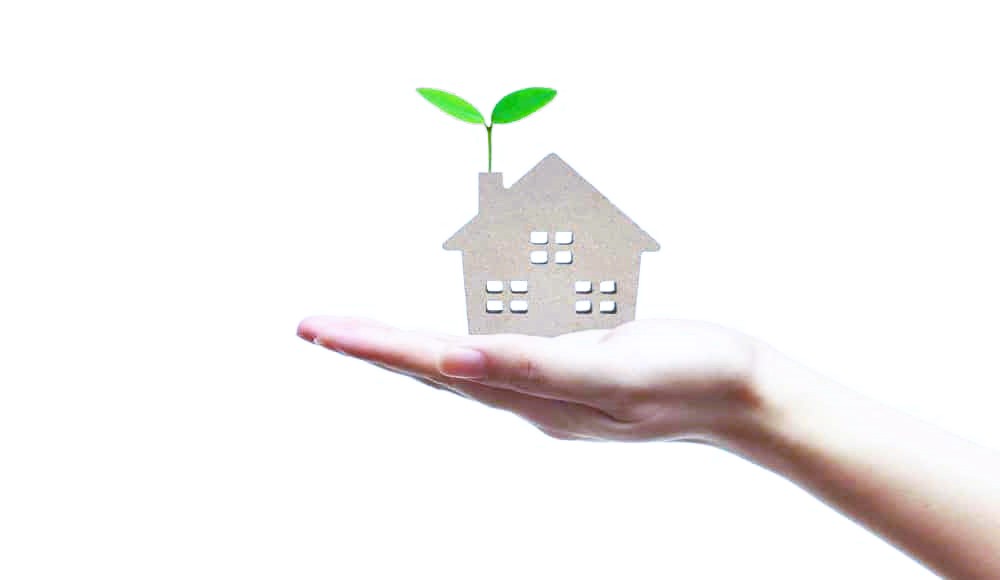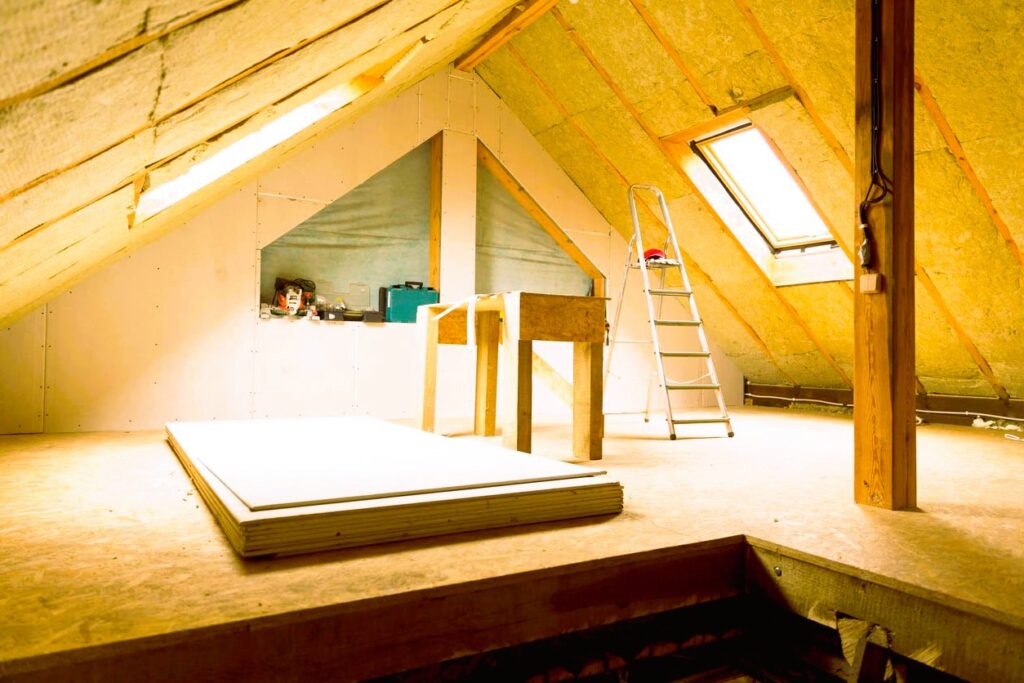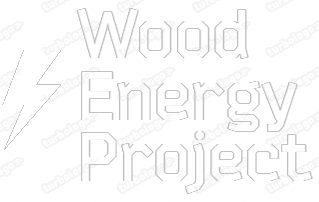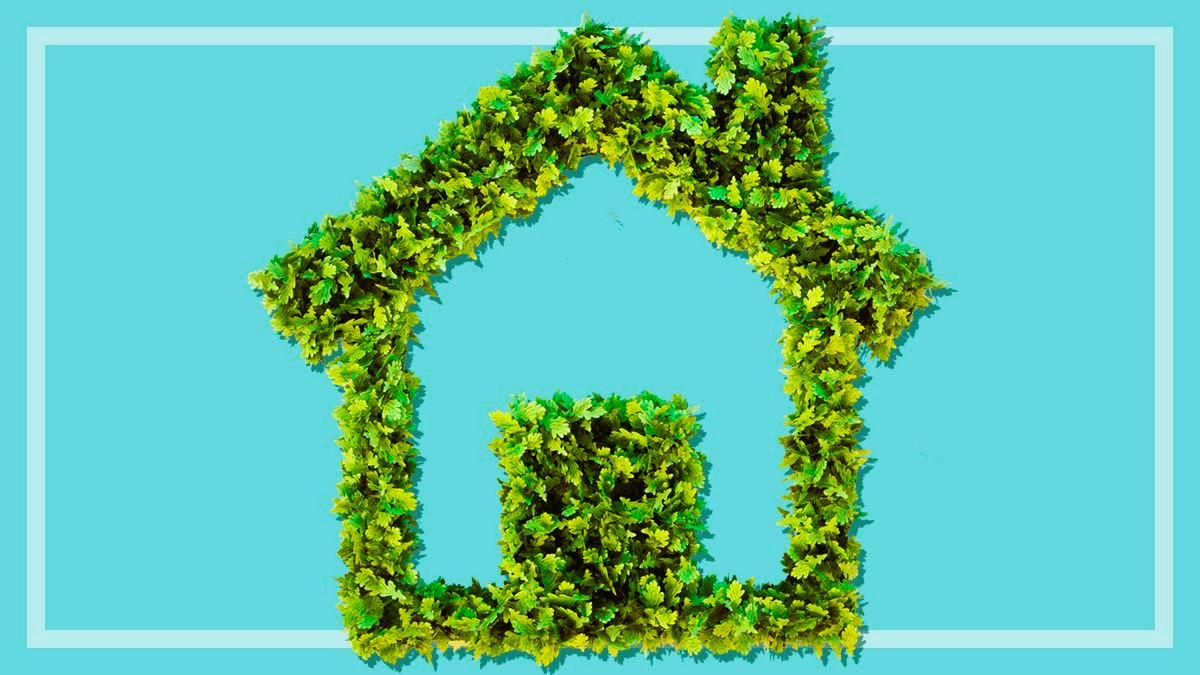Proper insulation is a key factor in creating an energy-efficient home. It plays a crucial role in reducing heating, ventilation, and air conditioning (HVAC) costs over the long term. By preventing heat transfer and minimizing energy loss, insulation helps maintain a comfortable indoor temperature while decreasing the strain on your HVAC system. In this article, we will explore how insulation reduces HVAC costs in the long run and why investing in quality insulation is a wise decision for homeowners.
- Minimizing Heat Transfer
Insulation acts as a barrier against heat transfer, preventing heat from escaping during the colder months and entering during the hotter months. By creating a thermal envelope around your home, insulation helps maintain a consistent indoor temperature, reducing the need for excessive heating or cooling. This results in lower energy consumption and decreased HVAC costs over time.
- Energy Efficiency and Reduced Usage

With proper insulation, your HVAC system operates more efficiently. When your home is well-insulated, less conditioned air escapes, allowing your HVAC system to reach the desired temperature more quickly and maintain it for longer periods. This improved efficiency means your HVAC system runs for shorter cycles, reducing energy usage and, consequently, lowering your monthly utility bills.
- Reduced HVAC System Wear and Tear
Insulation not only helps regulate temperature but also reduces the workload on your HVAC system. Without proper insulation, your HVAC system must work harder to compensate for energy loss and maintain a comfortable indoor environment. This increased workload can lead to accelerated wear and tear on the system, potentially resulting in frequent repairs or even premature system replacement. By investing in quality insulation, you can prolong the lifespan of your HVAC system and avoid costly repairs or replacements.
- Improved Humidity Control
In addition to temperature regulation, insulation plays a vital role in controlling humidity levels in your home. By preventing moisture intrusion and condensation, insulation helps maintain optimal humidity levels. This is particularly important during hot and humid summers or in areas with high moisture levels. Improved humidity control reduces the strain on your HVAC system’s dehumidification capabilities, leading to energy savings and lower operating costs.
- Zoning Opportunities
Insulation allows for better control of temperature zones within your home. By preventing heat transfer between different areas, you can establish distinct temperature zones and adjust heating or cooling levels according to specific needs. This zoning capability reduces the overall energy requirements of your HVAC system, resulting in lower operational costs. Tax credits and rebates for home insulation in Canada.
- Long-Term Cost Savings
While the upfront cost of insulation installation may vary depending on factors such as the size of your home and the insulation materials used, the long-term cost savings make it a worthwhile investment. By reducing energy consumption, minimizing HVAC usage, and improving system efficiency, insulation delivers significant cost savings over its lifespan. These savings accumulate year after year, providing homeowners with a substantial return on their insulation investment.
- Environmental Benefits

In addition to the financial advantages, insulation also offers environmental benefits. By reducing energy consumption, insulation helps lower greenhouse gas emissions associated with energy production. By investing in insulation, homeowners contribute to a greener environment and promote sustainable living.
Conclusion
Insulation is a valuable investment that offers numerous benefits, including reduced HVAC costs in the long run. By minimizing heat transfer, enhancing energy efficiency, reducing HVAC system usage, and providing better temperature and humidity control, insulation significantly lowers the strain on your HVAC system and decreases energy consumption. With long-term cost savings, extended HVAC system lifespan, and positive environmental impact, insulation is a practical and sustainable solution for homeowners. Consider upgrading your home’s insulation to reap these benefits and create a more comfortable, energy-efficient living environment.

